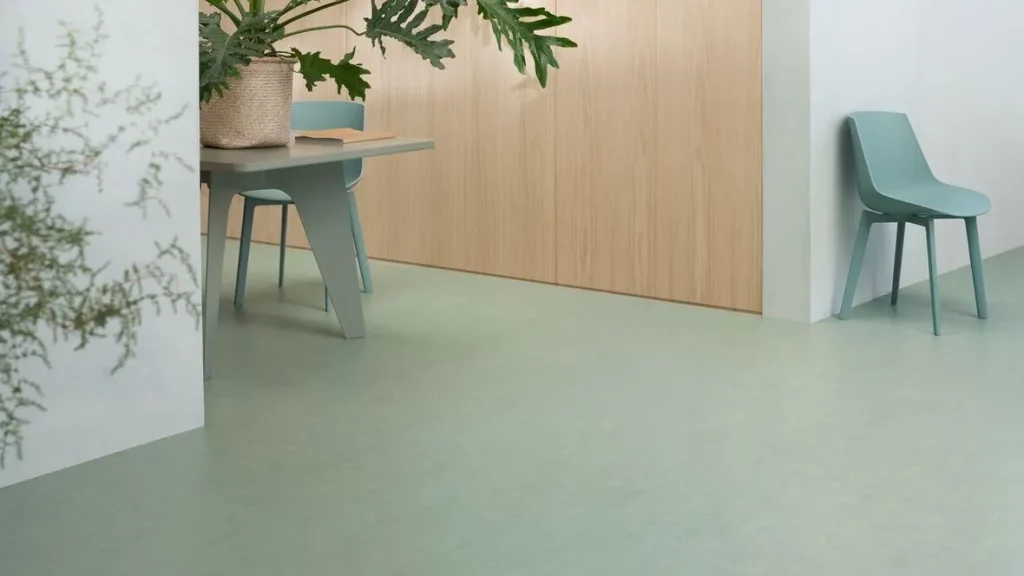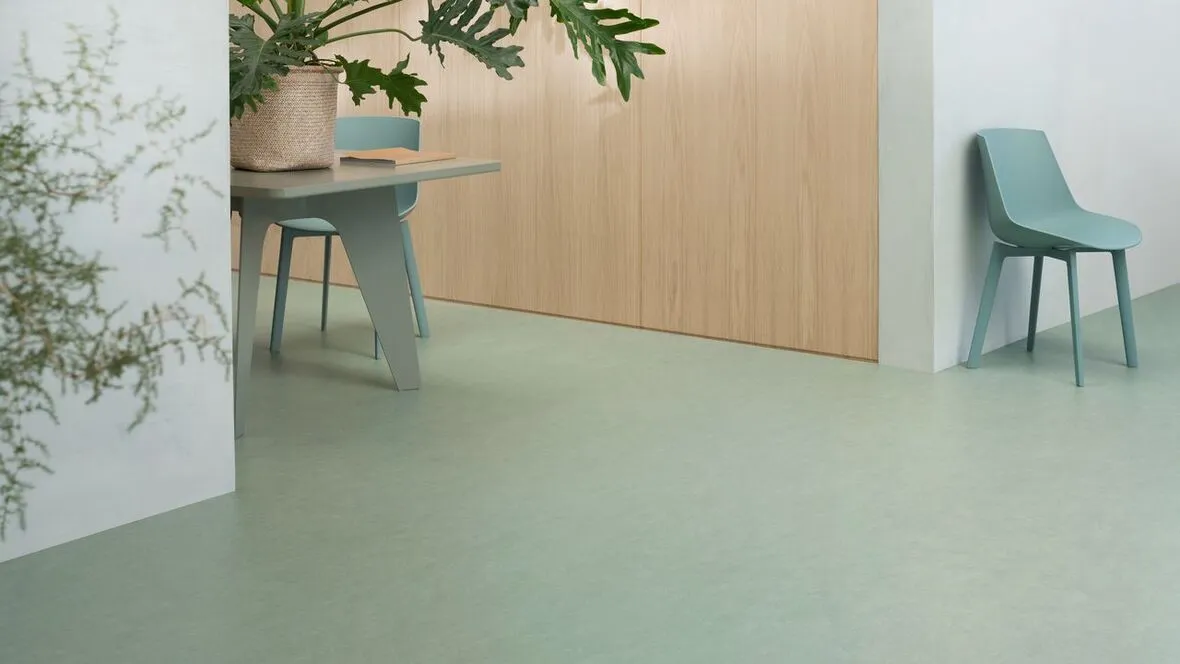When evaluating flooring alternatives, most people focus on durability, aesthetic appeal, ease of upkeep, and color, often overlooking the critical aspect of hygiene. The truth is, choosing a sanitary flooring option is equally essential as opting for an attractive, durable, and easy-to-maintain one. Flooring options that prioritize health and hygiene prevent allergens from building up in our homes, leading to a reduction in allergic responses and improvement in the home’s air quality.
Numerous healthy and hygienic flooring options exist, all of which are environmentally friendly as they derive from renewable energy sources.
Bamboo Flooring
Bamboo is a renewable resource that serves as a type of pre-finished hardwood. Since it’s pre-finished, the flooring is free from harmful chemical processes, offering a more durable and superior finish. Notably, bamboo flooring is cost-effective and requires minimal maintenance.
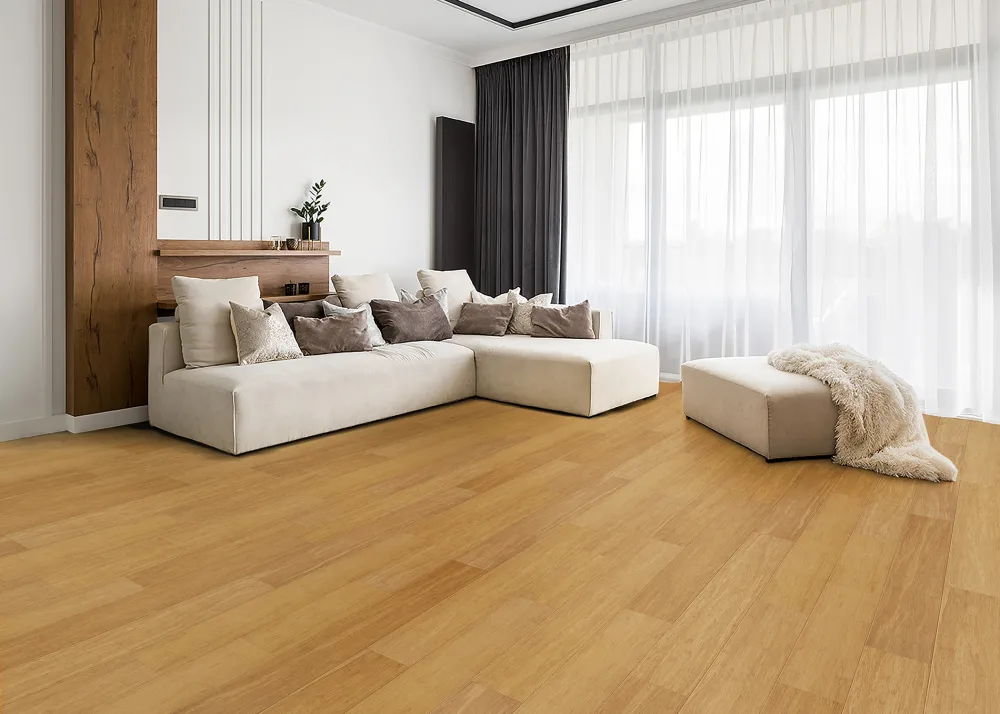
Cork Flooring
Cork flooring comes from the bark of a cork oak tree. Harvesting the bark doesn’t hinder the tree’s growth, and the cork can regrow. A cork oak tree can live for over a century, but it needs to mature for two decades before being harvested. The wine industry typically uses cork oak, with the leftover pieces from cork manufacturing tightly bound together to produce cork flooring. The sealants used during the production process prevent the accumulation of dust, dirt, and water in the flooring’s grooves.
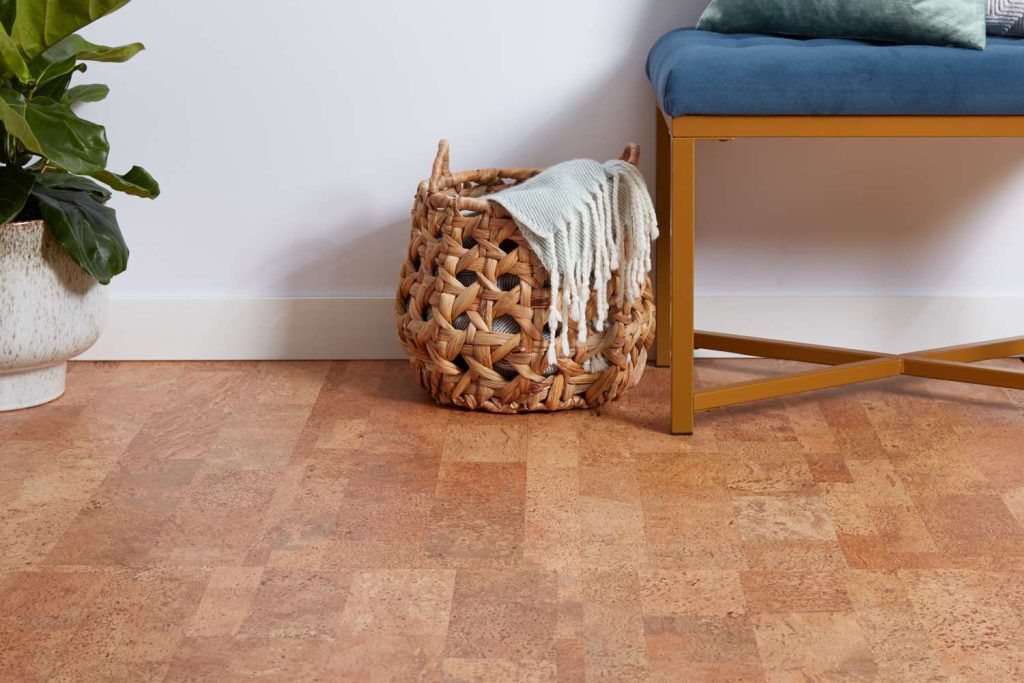
Recycled Glass Flooring
Another healthy and hygienic flooring option is recycled glass flooring. With no free spaces, grooves, or pores, recycled glass flooring inhibits the accumulation of dust, debris, and allergens.
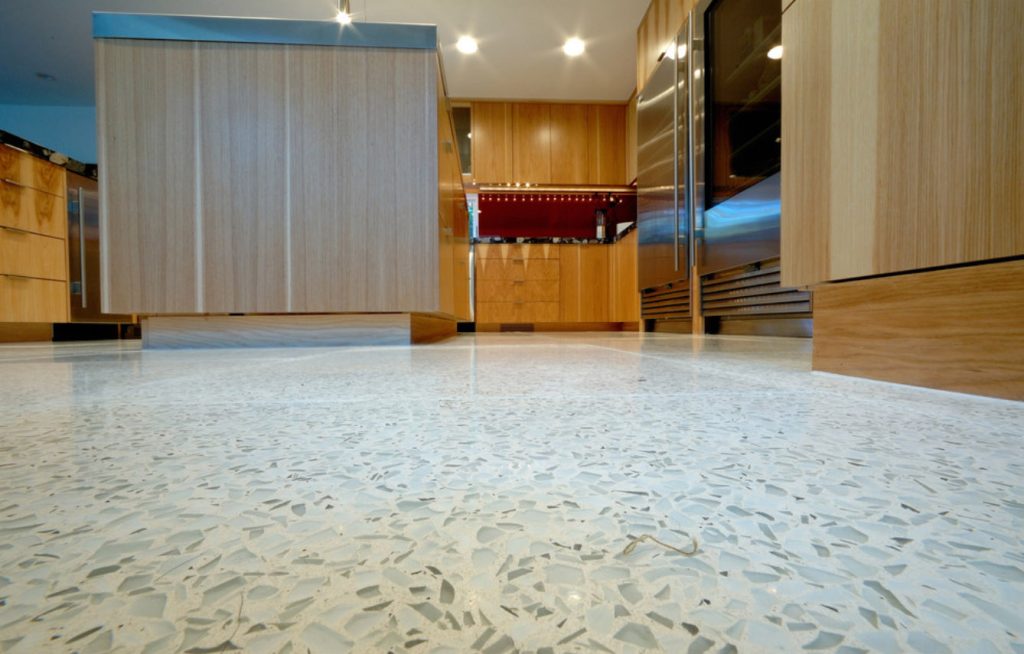
Hardwood Flooring
Hardwood flooring made using low-emission adhesives, finishes, and sealants, as well as non-carcinogenic materials, are excellent choices for promoting health. Furthermore, hardwood flooring is a superb option for households with pets and children.
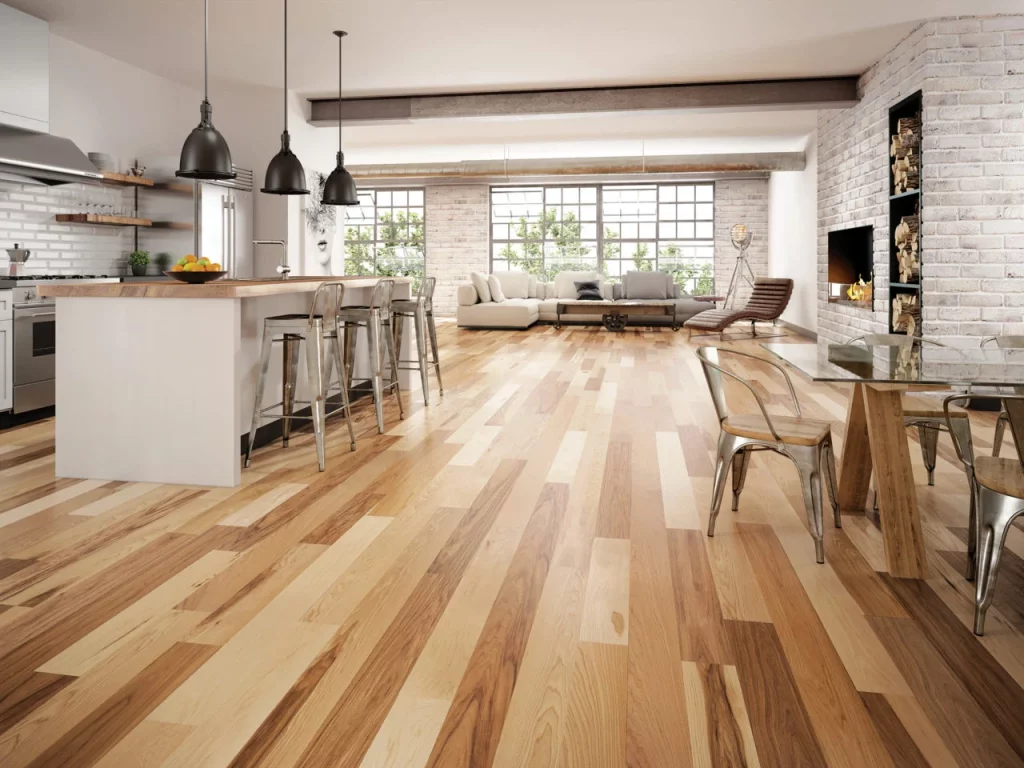
Marmoleum
Marmoleum is another entirely natural healthy flooring option. The company uses only natural resources to create tiles and employs solvent-free and low-emission adhesives to bind the materials. This flooring option comes in a variety of styles, including traditional tiles and extended flooring panels.
